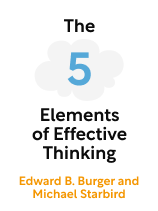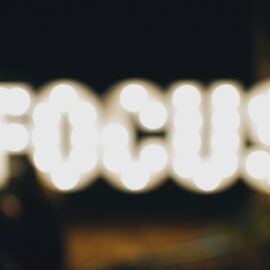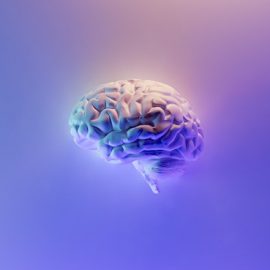

This article is an excerpt from the Shortform book guide to "The 5 Elements of Effective Thinking" by Edward B. Burger and Michael Starbird. Shortform has the world's best summaries and analyses of books you should be reading.
Like this article? Sign up for a free trial here.
When you’re solving a problem, what are the most effective questions to ask? How can you make sure you’re thinking in the right direction?
The right questions are the ones that give you a relevant foundation and point you in a helpful direction. In The 5 Elements of Effective Thinking, Edward B. Burger and Michael Starbird discuss the importance of asking the right questions and explain what makes them effective.
Keep reading to learn how to ask the right questions to guide your thinking toward your next most important idea.
Ask the Right Questions
The authors recommend that you ask plenty of questions to challenge your current understanding of a topic. This will help you strengthen your foundational knowledge because it expands your thinking, opening you to new insights about what you already know (or think you know).
Questioning is more productive when it’s focused in the right direction. Identifying the essence of what you’re trying to learn gives you a foundation from which to continue your exploration.
Therefore, the authors advise that you try to find the most effective questions. They should be clear and actionable, demonstrate where you need to put your focus, and identify the root of what you’re trying to learn. Knowing how to ask the right questions will help you reveal what kind of misunderstanding you’re facing. Is it a problem you don’t know the answer to, or do you even know what problem you’re trying to address?
(Shortform note: In Awaken the Giant Within, Tony Robbins suggests that the questions you ask yourself should generally be positive and empowering to avoid discouraging your progress. Asking yourself “what am I doing wrong?” might show you where you need to focus, but it will also focus your attention on the negative. Asking “what can I do better?” is more empowering, clear, and actionable, but you may find that you can’t get to this question without first asking what you’re doing wrong. The trick may be to find the answer to this as quickly as possible without dwelling on it so you can then move on to the positive “what can I do better?”)
To make sure you’re focusing on the right problem, the authors recommend that you chip away the excess information distracting you from the main point.
For example, if you’re struggling to write an essay on the causes of the French Revolution, ask yourself productive questions about why you’re struggling. “What is war?” won’t be a productive question. It’s too vague and gives you no indication of where to start. Instead, try one that addresses the root of your problem and gives you a clear starting point: “What motivated the citizens of France to revolt?” Now you know that you need to find 1) what caused them to be unhappy, and 2) what they thought they could gain by starting a revolution.

———End of Preview———
Like what you just read? Read the rest of the world's best book summary and analysis of Edward B. Burger and Michael Starbird's "The 5 Elements of Effective Thinking" at Shortform.
Here's what you'll find in our full The 5 Elements of Effective Thinking summary:
- The 5 principles for learning to think effectively
- What it means to learn beyond memorizing
- Why you need to be willing to change if you want to learn






